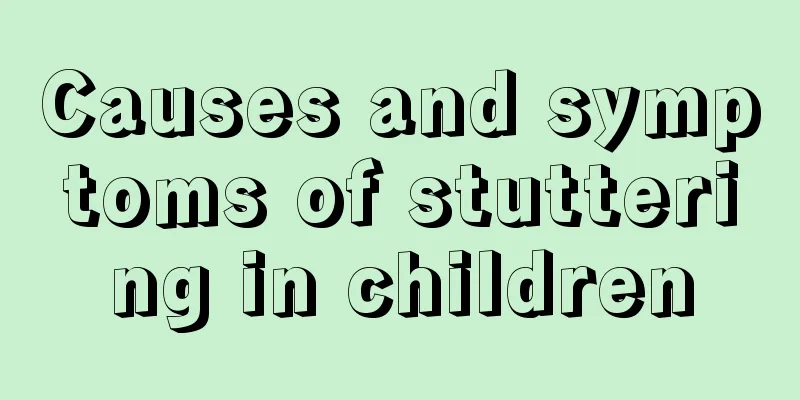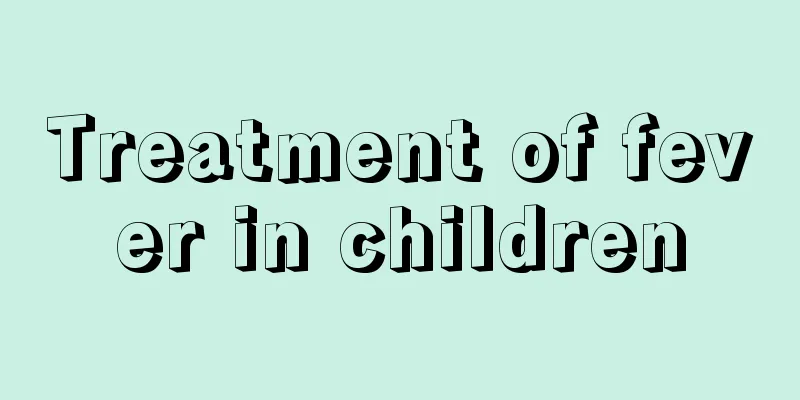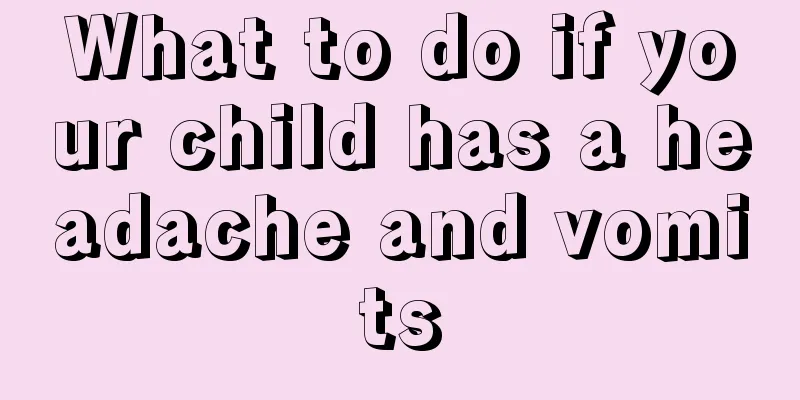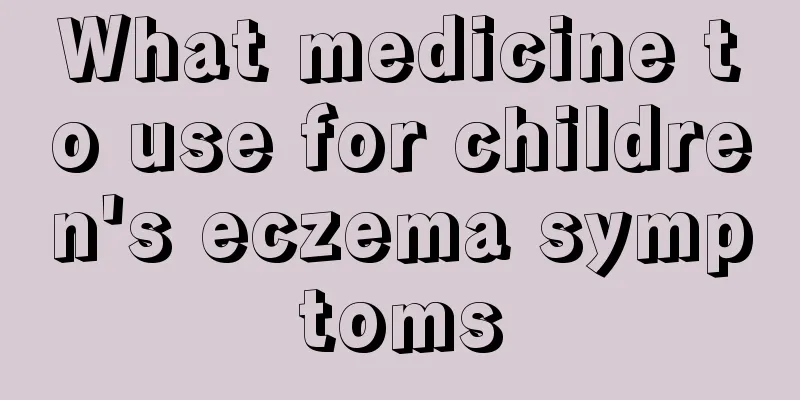Causes and symptoms of stuttering in children

|
Stuttering is quite common in life. There are many reasons for it. There are certain genetic reasons, and it also has an important relationship with mental factors. If some children have some adverse effects in their early childhood, it may also cause stuttering in the children. At this time, children often cannot say the first word, and are prone to have strange expressions when speaking, etc. Causes of stuttering in children 1. Genetic factors If there is a family history of the disease, the child's incidence rate is 36-55%, so some people believe that the disease is a single gene genetic disease. In addition, some surveys have found that left-handed people are more common among patients and their relatives, so some people believe that this is related to the dominant side of the left or right brain. 2. Physical factors Many children have suffered some adverse effects during the perinatal period and early childhood, such as: the mother had preeclampsia, physical illness during pregnancy, or the child suffered from some infectious disease during the growth process, resulting in damage to the nervous system, which led to language expression problems. 3. Mental factors Most children have suffered some acute or prolonged mental trauma, so many experts believe that such factors are the main cause of the disease. 4. Other factors Some children have not yet attended school, mainly because of their long-term imitation. Some medical research has inferred based on investigations that stuttering may be related to increased activity of certain brain structures, poor coordination of vocal muscles, and biochemical disorders in the basal ganglia, but the exact factors require further research. Specific manifestations Abnormal speaking rhythm is caused by spasms of the vocal and respiratory organs, and is more likely to occur when there are large emotional fluctuations, such as excitement, fear, etc. The manifestations may be: 1. The first word of a sentence cannot be said, or the first word is repeated; a word in the middle of a sentence is difficult to express, or some meaningless syllables are repeated, etc. 2. When they speak, they often have some strange expressions, such as squinting their mouths, squinting their eyes, or movements like stomping their feet, shaking their bodies, etc. 3. These children often become introverted, inferior, and unsociable due to the influence of this disease. Some children are more easily irritated or excited, and often have mood swings and poor sleep. |
<<: What to do if a little girl has body odor
>>: Which department should children see for stuttering
Recommend
Reasons why children don't eat
The physical health of children is one of the thi...
6-year-old child crying at night
It is quite common for children to cry when they ...
What is the diet for babies aged seven to eight months?
Most of today's new mothers are well-educated...
What to eat for a one-year-old baby with anemia
Anemia in a one-year-old baby will cause many sym...
Child walking on tiptoes
When parents teach their children to walk, they m...
What are the symptoms of egg yolk allergy in children?
Many people have various causes of allergies in t...
How to take care of children's teeth during the tooth replacement period, parents must pay attention
When children reach a certain age, they will alwa...
What causes pain below the knee in children?
Children are naturally lively, so it is normal fo...
How to crochet baby shoes
In their daily lives, many new mothers would like...
What happens if a child has follicles in his ovaries?
When a woman reaches puberty, she will have her f...
How to do baby defecation exercises?
The health of the baby is very important to paren...
My child has been losing his temper lately. What's going on?
Losing temper is quite common in our lives. Peopl...
What is the cause of umbilical hernia in a two-month-old baby?
A two-month-old baby is just born and his immune ...
Four methods of massage for children's abdominal distension
The feeling of bloating is very uncomfortable. In...
What are the dangers of children's balance bikes?
In life, we often see children riding parallel bi...









